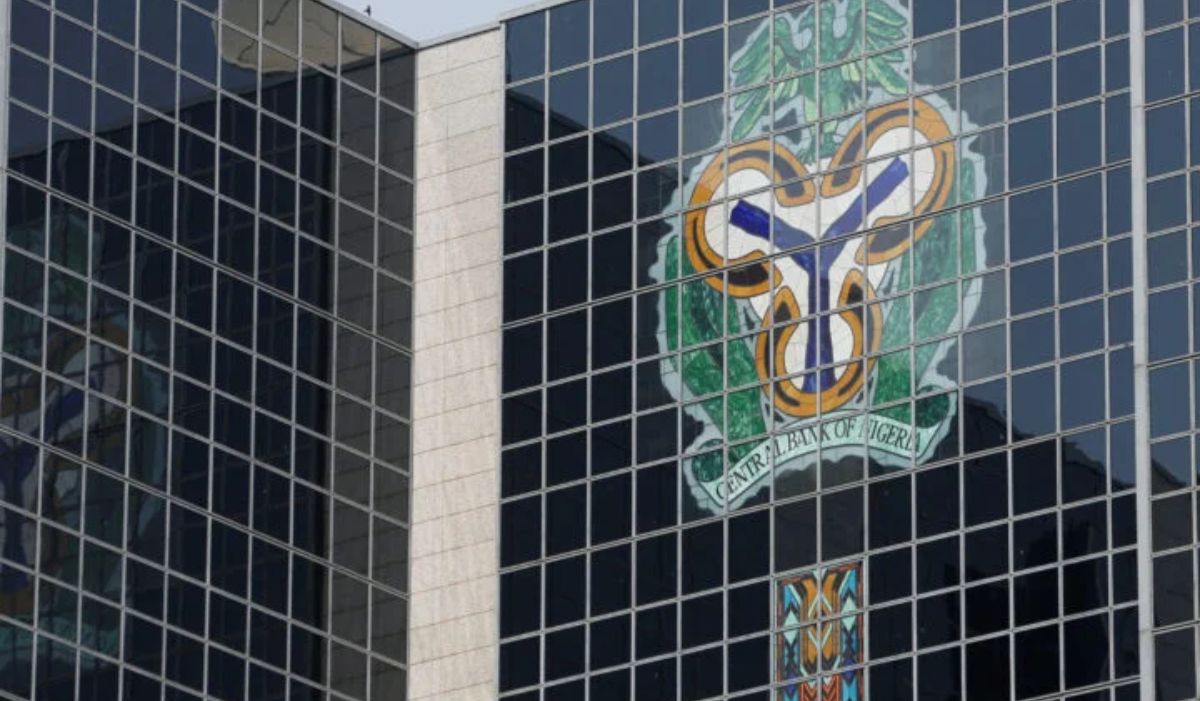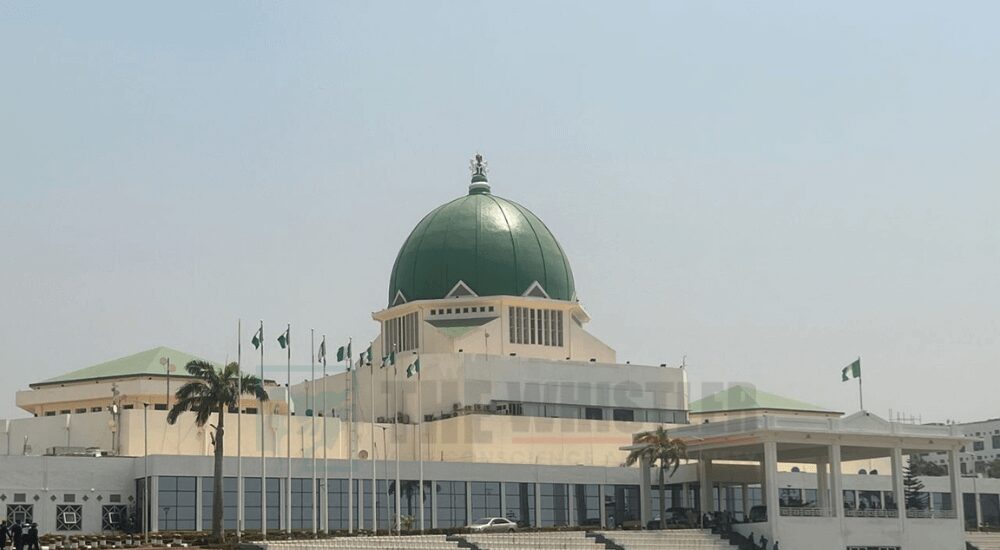Manufacturers Urge CBN to Cut Interest Rates as MPC Maintains 27.5% Benchmark

The Manufacturers Association of Nigeria (MAN) has expressed concern over the Central Bank of Nigeria’s (CBN) continued contractionary monetary policy, following the outcome of the 301st Monetary Policy Committee (MPC) meeting held on July 21 and 22, 2025.
While acknowledging the modest decline in headline inflation to 22.22 per cent in June 2025 from 22.97 per cent in May 2025, MAN, in a note sent to news.ng, emphasised the worrying rise in food inflation to 21.97 per cent, up from 21.14 per cent in May.
The MPC, citing “persistent uncertainty in the policy environment and underlying price pressures,” resolved to maintain the Monetary Policy Rate (MPR) at 27.50 per cent, with an asymmetric corridor of +500/-100 basis points. Other key policy instruments—Cash Reserve Ratio (CRR) and Liquidity Ratio—also remained unchanged.
Reacting to the decision, MAN warned that the sustained high interest rates are detrimental to the country’s fragile manufacturing sector. “The MPC decision reveals that the contractionary monetary stance is still maintained. The persistent increase in the rate over the years has impacted the sector negatively,” the association said.
MAN noted that the current MPR has caused the average lending rate to manufacturers to exceed 35% as of January 2025, pushing up the cost of production and eroding competitiveness. “The rate also had trickle-down effects on production cost, impacting prices of finished products, capacity utilisation, inventory of unsold goods, and competitiveness negatively,” MAN stated.
According to the association, capacity utilisation in 2024 stood at 57 per cent, while the inventory of unsold goods surged to ₦2.14 trillion, a sharp increase from ₦1.14 trillion in 2023. These economic headwinds, it warned, have disrupted both production and investment plans within the sector.
While commending the CBN’s efforts to stabilise inflation through monetary tools, MAN stressed that interest rate cuts, backed by robust fiscal measures, are essential for sustained recovery and growth. “Maintaining the current rate is not sufficient to address the inflationary pressure and to reposition the economy on the path of growth. It is necessary to consider a rate cut to reduce the cost of borrowing and attract investment in the real sector.”
MAN also called on the government to intensify efforts toward developing the real economy, particularly manufacturing and agriculture, which it sees as critical for sustainable growth.
As part of its recommendations, MAN urged the Central Bank to:
Reduce interest rates in future policy meetings to lower inflation and spur industrial investment.
Synergise with fiscal authorities to support the manufacturing sector through targeted incentives.
Implement a Nigeria First Policy to promote local patronage and encourage backwards integration, reducing dependency on foreign exchange.
Strengthen security in farming communities to boost agricultural productivity and reduce food inflation.
Introduce income redistribution measures to improve citizen welfare and enhance economic performance.
The association emphasised that only a coordinated policy approach—combining monetary, fiscal, and structural reforms—can stabilise the economy, ease inflationary pressures, and foster inclusive growth.





